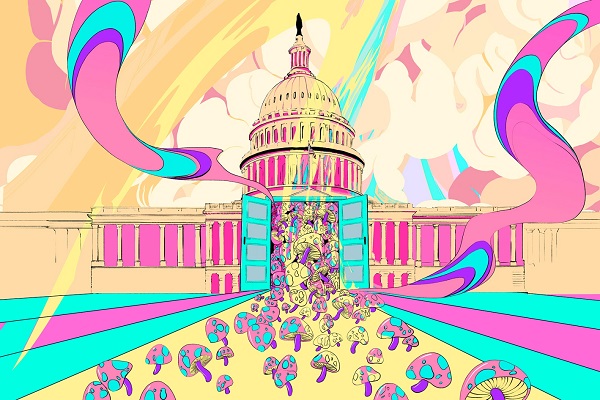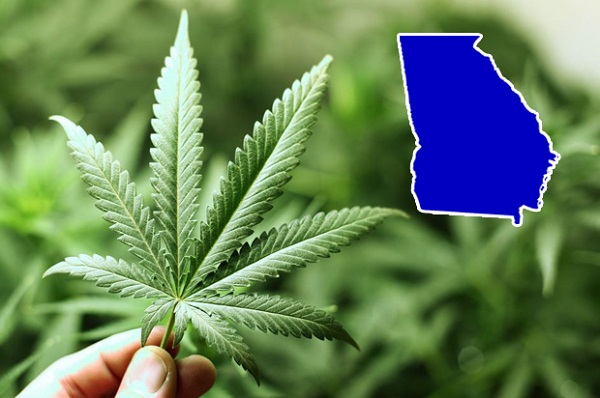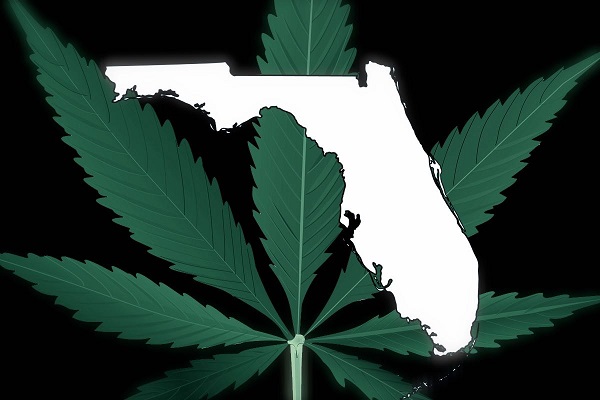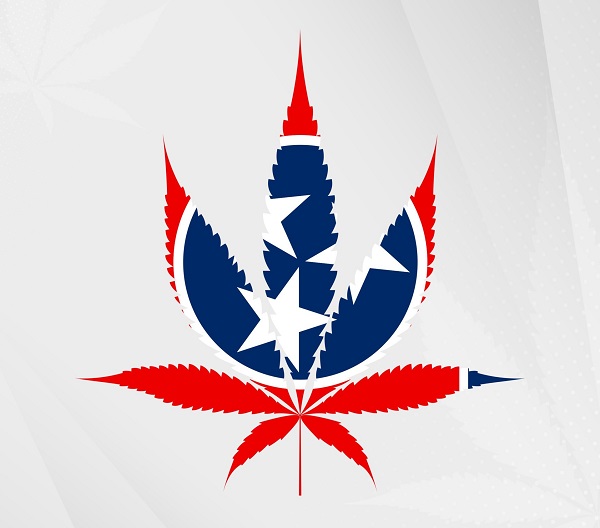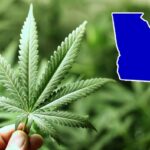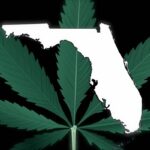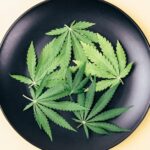In recent years, a growing number of individuals have turned to microdosing as a means of exploring the potential benefits of psychedelic substances. Microdosing involves taking tiny doses of substances such as LSD (lysergic acid diethylamide) or psilocybin mushrooms, below the threshold for a full-blown psychedelic experience, with the aim of enhancing creativity, focus, and overall well-being. As interest in microdosing continues to surge, it becomes crucial to understand the legal status of these substances within the United States.
The perception of psychedelics has undergone a remarkable shift in recent times. Once associated with counterculture movements and condemned as dangerous and illicit substances, psychedelics are now receiving renewed attention from researchers, therapists, and individuals seeking alternative approaches to mental health and personal growth. This shifting perspective has prompted a reevaluation of psychedelic substances, leading to a reexamination of their legal standing.
While the legal framework surrounding psychedelic substances remains complex and varied across the United States, several states have taken significant steps toward decriminalizing or legalizing specific psychedelics, thereby creating an evolving patchwork of legislation. This article aims to provide a comprehensive overview of the current legal landscape for microdosing in the US, highlighting the states where these practices are permitted, restricted, or prohibited.
Mushroom Laws by State 2023
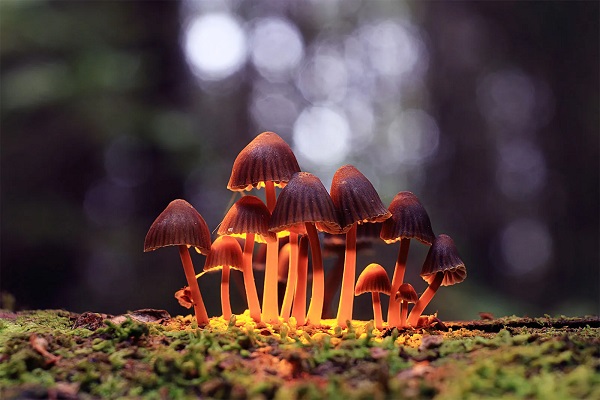
Psilocybin mushrooms, commonly known as magic mushrooms or shrooms, belong to a unique category of fungi that possess the psychoactive compound psilocybin. These mushrooms have a rich history of use for their psychedelic properties, with evidence dating back centuries. However, the United States federal government classified them as a Schedule I controlled substance in 1970, rendering them illegal at the national level.
Despite their federal prohibition, the legal status of psilocybin mushrooms varies significantly from state to state. Some states have chosen to decriminalize the possession and use of small quantities of these mushrooms, adopting an approach that emphasizes treatment rather than punishment. Other states have taken more progressive steps, legalizing psilocybin for either medical or recreational purposes, recognizing its potential therapeutic applications and the growing demand for alternative treatment options.
Across the country, there is a growing movement advocating for changes in the legal status of psilocybin mushrooms. Supporters of decriminalization argue that the current prohibition approach has failed to deter usage and has instead contributed to the unnecessary criminalization and punishment of individuals. Furthermore, they highlight the promising research indicating the therapeutic potential of psilocybin in addressing mental health conditions such as depression, anxiety, and addiction.
Amidst these ongoing debates and discussions, it is important to recognize that the legal landscape surrounding psilocybin mushrooms in the US is in a state of flux. Efforts to reform laws and regulations surrounding their use and availability are underway in various jurisdictions. However, it is crucial to note that psilocybin mushrooms remain a contentious and heavily regulated substance, subject to stringent laws and restrictions throughout the nation.
There have been notable developments in some states and cities regarding the decriminalization or legalization of psilocybin mushrooms for therapeutic or medical purposes:
- Oregon: In November 2020, Oregon became the first state to legalize the medical use of psilocybin. The measure allows for licensed therapeutic use of psilocybin under specific conditions.
- District of Columbia: In November 2020, Washington, D.C., passed Initiative 81, which effectively decriminalized psychedelic plants and fungi, including psilocybin mushrooms. This measure makes enforcement against these substances one of the lowest law enforcement priorities.
- Other States: While some cities within certain states, such as Denver in Colorado, Ann Arbor in Michigan, and various cities in California and Massachusetts, have decriminalized or reduced enforcement for psilocybin mushrooms, it’s important to note that these decriminalization measures typically apply at the city or local level rather than at the state level.
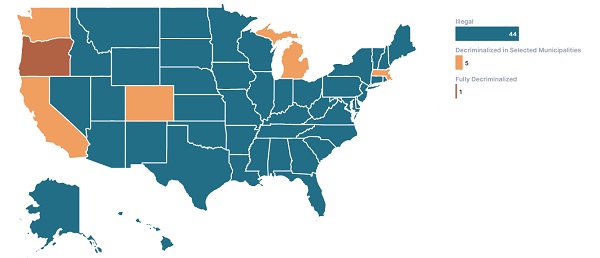
While the legal landscape regarding psilocybin mushrooms is still evolving, it is clear that they remain a controversial and highly regulated substance in the US.
Ayahuasca
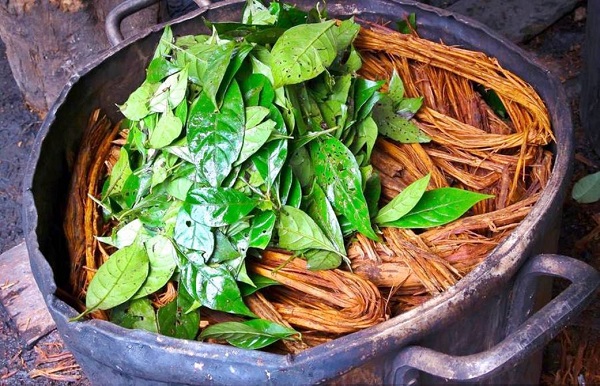
In search of profound spiritual encounters, many individuals find themselves drawn to the transformative power of ayahuasca. This extraordinary substance, known for centuries among indigenous cultures, has recently captivated the attention of people from European backgrounds. With the surge in interest, it becomes paramount for everyone to prioritize safety when embarking on this unique path.
Although Europeans have only recently embraced ayahuasca, it has long held a revered status within Native American communities. Prior to the arrival of European settlers in North America, indigenous peoples utilized ayahuasca in their religious ceremonies.
Ayahuasca was believed to facilitate a profound connection with spiritual entities, enabling users to embark on a transcendent journey guided by a shaman. While the modern landscape has witnessed slight shifts, many tribes continue to regularly engage with this sacred compound, intertwining it closely with their cultural identity.
Similar to other compounds, the precise effects of ayahuasca can vary significantly from person to person.
One must be aware that adverse reactions are possible. Ayahuasca possesses hallucinogenic and psychoactive properties, and while the likelihood of adverse effects is relatively low, caution should be exercised.
Determining the legal status of ayahuasca within the United States can be complex. Due to its component, DMT, being classified as a Schedule 1 substance at the federal level, ayahuasca is technically illegal. However, within Native American territories, tribal sovereignty grants them the ability to establish their own regulations. As a result, consuming ayahuasca on indigenous lands is generally permissible.
Moreover, certain states, including Oregon, Washington, and select cities in California and Michigan, have decriminalized ayahuasca.
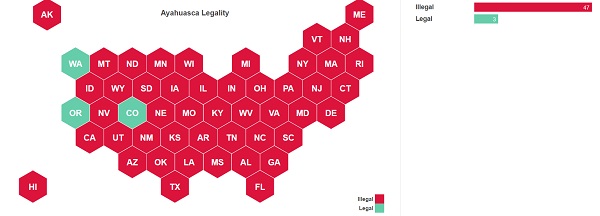
However, it is crucial to remain attentive to local regulations that may exist. While it is likely that more states will legalize this sacred substance in the future, it remains essential to familiarize oneself with the specific laws and regulations in your area to ensure compliance.
Mescaline & Peyote
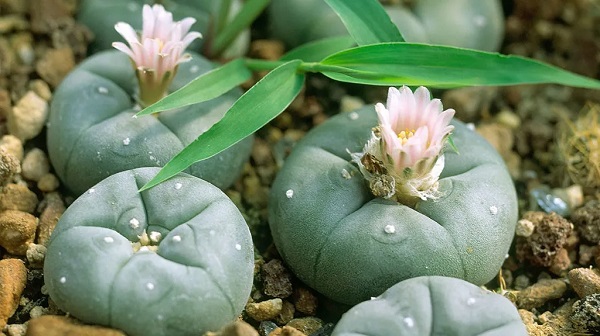
Mescaline and peyote, two entwined elements of indigenous traditions, have captivated the human spirit for centuries. These sacred plants have served as gateways to mystical realms, granting seekers profound insights and spiritual experiences. Delving into the realms of mescaline and peyote reveals a tapestry of history, effects, and legal considerations that shape our understanding of these revered substances.
Mescaline, a naturally occurring psychedelic compound, is found in various cacti species, most notably in the peyote cactus. Indigenous cultures of the Americas, particularly Native American tribes such as the Huichol, Navajo, and Apache, have revered peyote and its psychedelic properties for millennia. These sacred plants have played a central role in religious ceremonies, vision quests, and healing rituals, serving as conduits to the divine and channels for communal and personal transformation.
Mescaline and peyote are known for their profound psychoactive effects, inducing altered states of consciousness characterized by vivid visual and sensory perceptions. When consumed in a ceremonial context, these substances are believed to facilitate deep introspection, spiritual communion, and heightened awareness of interconnectedness with the natural world and the divine. The experiences can be intensely introspective, transcendent, and transformative, but they may also be challenging and demand preparation, intention, and proper set and setting to navigate their potential depths safely.
In the United States the Native American Church, which has a deep spiritual connection to peyote, is granted legal exemptions to use the cactus in religious ceremonies. However, outside of this context, the possession and consumption of peyote are generally prohibited.
However, Colorado residents may possess and distribute psilocybin, DMT, ibogaine, and mescaline in the state, but they are still Schedule I drugs and illegal at the federal level.
Ketamine
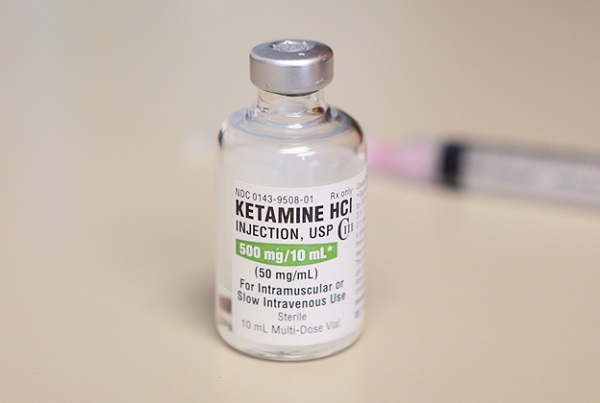
Ketamine is a unique compound that has gained recognition for its diverse applications as both an anesthetic and a psychedelic substance. Originally developed as an anesthetic medication, ketamine’s properties have led to its exploration in various medical and therapeutic contexts.
Ketamine was first introduced in the 1960s as an anesthetic agent and has since been widely used in medical settings, particularly for surgical procedures and pain management. Its ability to induce anesthesia quickly, while maintaining cardiovascular stability and respiratory function, has made it valuable in emergency medicine and situations where traditional anesthetics may not be suitable.
Beyond its anesthetic properties, ketamine has gained attention for its psychedelic effects. In lower doses, it can induce a dissociative state characterized by altered perceptions, feelings of detachment from one’s body, and a sense of profound introspection. These psychedelic qualities have piqued interest in using ketamine for therapeutic purposes, particularly in the treatment of mental health conditions such as depression, anxiety, and post-traumatic stress disorder (PTSD).
Ketamine has been classified as a Schedule III controlled substance in the United States since the 1970s. While it is regulated due to its potential for abuse, it is also recognized for its approved medical applications as an anesthetic and pain management medication. This legal standing has paved the way for the use of ketamine in clinical settings, such as specialized ketamine clinics.
The rise in ketamine clinics in recent years is a direct response to the increasing interest in psychedelic-assisted therapy. These clinics provide a structured and supervised environment for individuals to receive ketamine treatments for various mental health conditions, including depression, anxiety, and PTSD.
Ketamine-assisted therapy typically involves the administration of ketamine in sub-anesthetic doses, followed by therapy sessions to explore the insights and emotions that arise during the psychedelic experience. Trained professionals, such as psychiatrists, psychologists, or therapists, guide and support patients throughout the process, maximizing the therapeutic potential of the treatment.
The accessibility and legal status of ketamine have made it a viable option for individuals seeking alternative treatments for mental health conditions. Its rapid onset of action and potential to alleviate symptoms have made it particularly attractive for individuals who have not found relief with traditional treatments. Additionally, the shorter duration of ketamine’s effects compared to other psychedelics allows for more manageable and controlled sessions.
However, it’s important to note that the use of ketamine in clinical settings should always be conducted under the guidance of qualified healthcare professionals. As with any medical treatment, there are considerations for safety, proper dosing, and potential side effects. Ongoing research and professional oversight are crucial to ensure the responsible and effective use of ketamine in therapeutic settings.
As the field of psychedelic-assisted therapy continues to evolve, ketamine stands as a legal option for individuals seeking alternative treatments for mental health conditions. The proliferation of ketamine clinics reflects the growing interest in this unique compound and its potential to offer relief and transformative experiences within a supervised and therapeutic context.
Summary
The evolving legal status of psychedelics and microdosing in the United States reflects a changing perception of these substances and a growing interest in their potential benefits. As research and cultural understanding continue to expand, it is essential to approach microdosing responsibly, respecting legal boundaries and individual well-being. Staying informed about the legal landscape and seeking guidance from professionals can help individuals navigate the intersection of legality and personal exploration. Ultimately, the future of microdosing lies in ongoing research, open dialogue, and responsible engagement to harness its potential for personal growth and well-being.
FAQ
Are psychedelics legal in Colorado?
Prop 122 enabled adults to have legal psychedelics in Colorado at certified centers under the care of licensed facilitators.
Are psychedelics legal in California?
California is on the move to decriminalize many psychedelic substances, including magic mushrooms, peyote, San Pedro, ayahuasca, and others.
Are psychedelics legal in Massachusetts?
Salem, Massachusetts lawmakers have approved a resolution to decriminalize psilocybin mushrooms.

